CAFNR
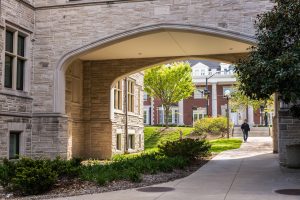
Sep. 1, 2016
Looking Back 40 Years — And Beyond
It began 40 years ago with what could best be called a “grand experiment.” For decades, faculty at the University of Missouri’s Department of Biochemistry had one collective goal — to study life at the molecular level — but were in two separate units, one housed in the College of Agriculture, Food and Natural Resources under the name agricultural chemistry and one in the School of Medicine under its current name. It is about a 15-minute walk from Schweitzer Hall, located on the northeast corner of campus, to the medical school. The first merged department chair, Jim Gaylor, had the cross-campus walk down…

Feb. 13, 2015
Computers Come to CAFNR
CAFNR had a hand in the first MU computer, and was a pioneer in its role in research.

Jan. 20, 2015
Recycling Mitochondria
A molecule could be key to developing drugs that will keep brain cells healthy in individuals with Parkinson’s disease.
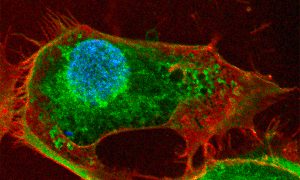
Jan. 7, 2015
The All-In Enzyme
The behavior of an enzyme may reveal details to treat chronic obstructive pulmonary disease, cancer and heart disease.

Dec. 12, 2014
CAFNR and the Psychic Dog
In the early 1930s, a media sensation was centered in little Marshall, Mo.
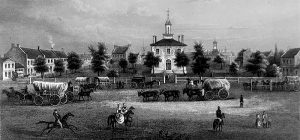
Oct. 10, 2014
The Bidding War for CAFNR
There was no shortage of counties wanting the new Missouri College of Agriculture.

Sep. 12, 2014
MU From the Air, 1919
The first aerial photos of Mizzou were taken by Warren Fowler, a civil engineering student.
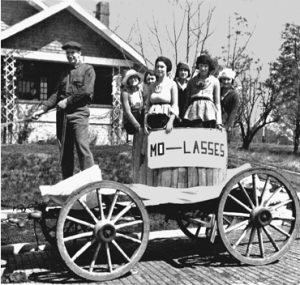
Aug. 8, 2014
Farmers’ Week, 1910-1957
MU's Farmers’ Week succeeded wildly, becoming one of the largest agriculture events in the nation. Almost 10,000 people would visit Mizzou to hear agriculture faculty describe their latest research findings.
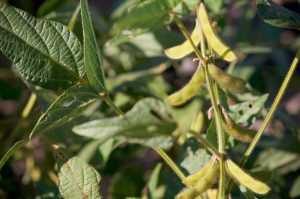
July 30, 2014
Mizzou Honor
Gary Stacey, professor of Plant Sciences and Missouri Soybean Merchandizing Council Endowed Professor of Soybean Biotechnology, was named a University of Missouri Curators Professor.
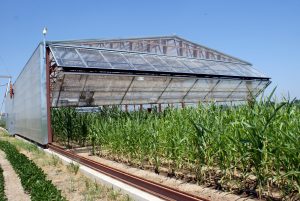
July 10, 2014
No Drought of Ideas
One of two drought simulators at Bradford Research Center where scientists measure the effects of water deficiency on crops. Droughts have a devastating effect on farms. In Missouri and most of the world, droughts are the leading cause of crop failure. They increase consumer costs, kill livestock, reduce crop yields and trigger wildfires and dust storms. They also can cause malnutrition and famine, social unrest and political instability. To combat these drought problems, researchers at Bradford Research Center have turned to making it dry every year in the two drought simulators on site. The simulators enable the scientists to study…